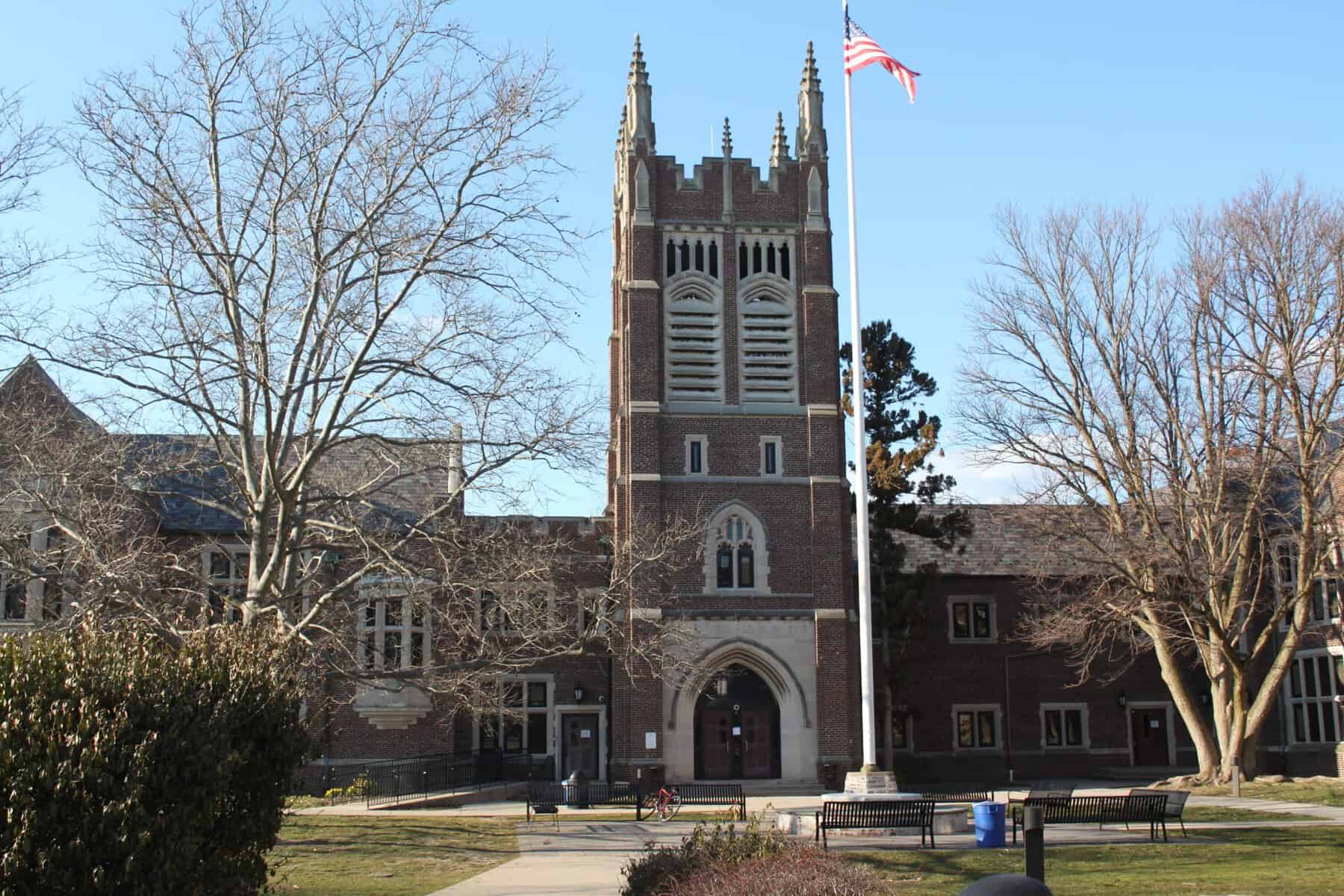I am a teacher at Franklin High School (FHS) where Frank Chmiel was my principal. Before he came to work at FHS, Frank had been my friend for many years.
I was among the 100-plus Frank Chmiel supporters at last night’s (May 15) Board of Education Donaldson meeting. I was disappointed in the Board’s decision not to re-instate Mr. Chmiel. Chmiel used his right to a Donaldson hearing to try to persuade the board to rescind his administrative leave and contract non-renewal as Principal of Princeton High School (PHS). At the hearing, Dr. Carol Kelley, Princeton Public Schools (PPS) superintendent, read a long list of instances of what she claims were examples of Chmiel’s poor judgment, administrative short-comings, and lack of trust and support among PPS staff and administration. Chmiel used his response to rebut her claims and cited examples of Kelley’s willful use of bad data in his reviews and the deliberate omissions in his personnel file of his rebuttals to her claims. He presented witnesses who refuted her characterization of events.
“It’s become he said she said,” said board member Mara Franceschi when she declined to make a motion to overturn Kelley’s recommendation. However, Franceschi is wrong. It is not he said, she said. Both Kelley and Chmiel cited evidence to back their claims. The problem is the board did not examine the evidence to see who was giving an accurate account Chmiel’s performance.
This non-examination of evidence is not the board’s fault. Donaldson hearings are informal and not subject to rules of evidence. And this is where the process falls short. Is it realistic to believe the board could be convinced that Kelley’s 18 months of complaints about Chmiel were wrong if the board was not given the opportunity to examine the actual record of events as presented by Chmiel?
The board members were put in a very difficult position. One board member complained to Chmiel when she voted against him that she resented being in this situation. She wanted to know why Frank did not come to meet with the board in private to work out the problem. Really? Chmiel could only be hurt if he tried to skirt the official process. One of Kelly’s claims against Chmiel was that he was not punctilious enough in his administrative duties.
I believe the superintendent has the right to choose the personnel in her district. She should be able to replace non-tenured staff with individuals of her choosing through non-renewal of contracts. However, Kelley did not use this method with Chmiel. She offered him the opportunity to resign on March 31 (on the eve of spring break) as a gracious way of parting ways. The reality is that a resignation like that would be a black mark on Chmiel’s professional reputation. When Chmiel refused to take the offer Kelley responded by putting Chmiel on administrative leave on March 17. Her reason? The safety of the students and staff was at stake. Anyone who knows Frank and has worked with him knows this is just not a credible claim. Kelley’s poor handling of this case does not speak well of her judgment.
Where does this leave PPS? Not in a good situation. Should Chmiel decide to press his case to the state level there will be an examination of the evidence. And if the evidence supports Chmiel the district can expect to pay Chmiel a large sum as recompense. And even if Chmiel decides not to press his case, the district’s reputation has been tarnished by this unseemly process.
Matthew Feuer
Princeton

